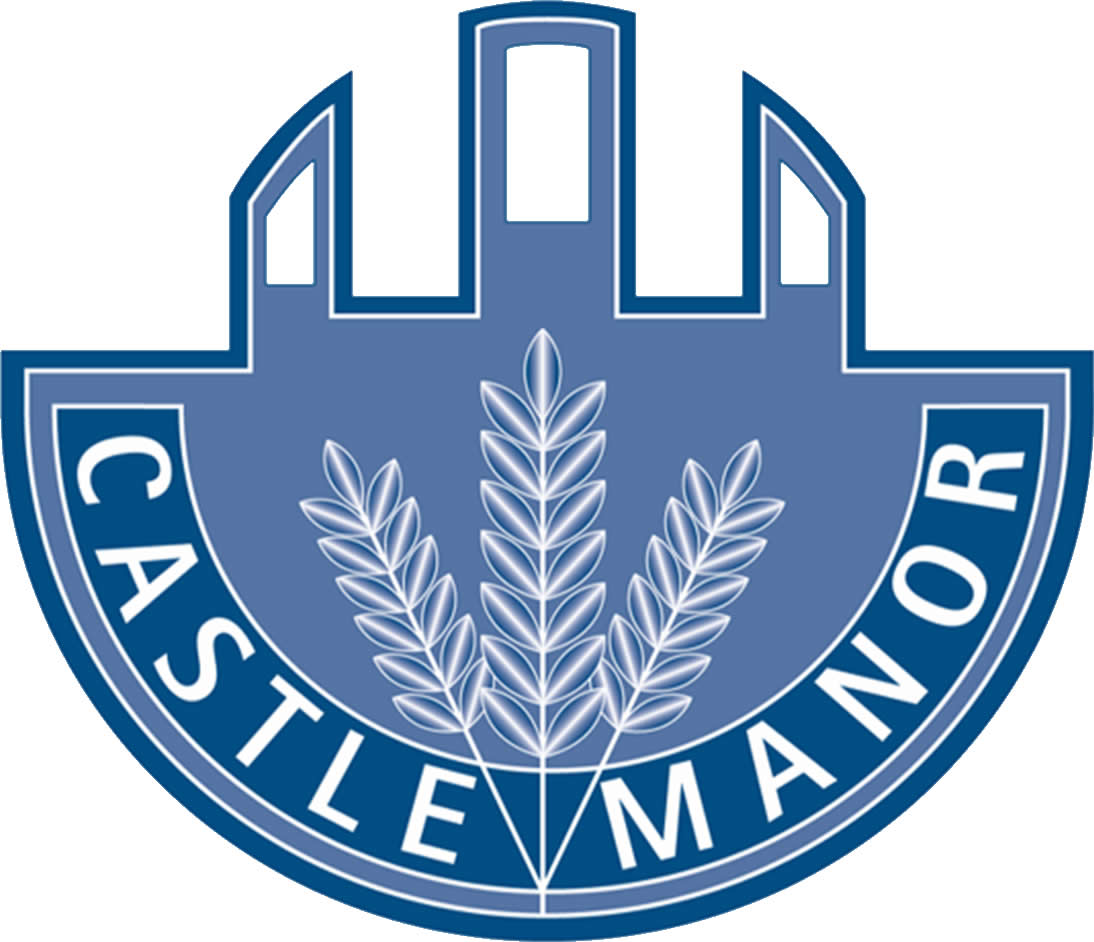Subject Overview
Studying the separate sciences means students will cover more content than GCSE Combined Science. All the GCSE Separate Sciences will provide great preparation for A-level science study, without overlapping content. Each separate science (Biology, Chemistry and Physics) will provide a single GCSE qualification.
Course Information
The three sciences will cover the same topics as Combined Science: Trilogy, but with additional content.
| Biology | Chemistry | Physics |
| Cell biology Organisation Infection and response Bioenergetics Homeostasis and response Inheritance, variation and evolution Ecology | Atomic structure and the periodic table Bonding, structure, and the properties of matter Quantitative chemistry Chemical changes Energy changes The rate and extent of chemical change Organic chemistry Chemical analysis Chemistry of the atmosphere Using resources | Forces Energy Waves Electricity Magnetism and electromagnetism Particle model of matter Atomic structure Space physics |
Assessment
Assessment is linear, so there are examinations in the summer of year 11 for each separate science. There are 2 papers for each subject, each accounting for 50% of the single science GCSE award. There are 8-10 required practicals per separate science, assessed through the exam papers. Exams are available for each subject in both foundation and higher tier papers.
Progression
GCSE Separate Sciences prepares students for a range of post-16 routes and courses such as A level Biology, Chemistry or Physics courses. Whilst providing access to careers, such as medicine, veterinary medicine, law, engineering, architecture, chemical and biomedical engineering.
